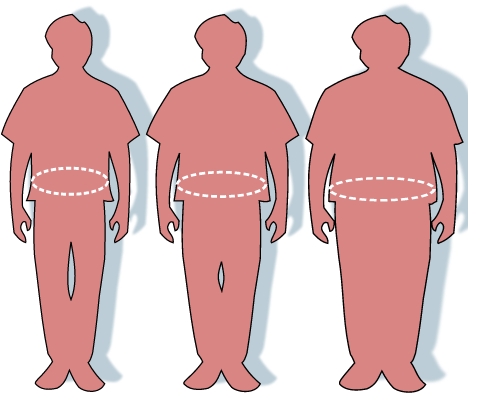Chevy Chase, MD––Hair strands contain valuable information about senior citizens’ stress levels that can be used to determine an individual’s cardiovascular disease risk, according to a recent study accepted for publication in The Endocrine Society’s Journal of Clinical Endocrinology & Metabolism.
Unlike a blood test that captures a snapshot of stress hormone levels at a single point in time, a scalp hair analysis can be used to view trends in levels of the stress hormone cortisol over the course of several months. This approach allows researchers to have a better sense of the variability in cortisol levels. The study found seniors who had higher long-term levels of the stress hormone cortisol were more likely to have cardiovascular disease.
|
|
“Like high blood pressure or abdominal fat, the findings suggest elevated cortisol levels are an important signal that an individual is at risk of cardiovascular disease,” said one of the study’s lead authors, Laura Manenschijn, MD, of Erasmus MC in Rotterdam, The Netherlands. “Because scalp hair can capture information about how cortisol levels have changed over time, hair analysis gives us a better tool for evaluating that risk.”
The study measured cortisol levels in a group of 283 community-dwelling senior citizens between the ages of 65 and 85. Participants were randomly selected from a large population-based cohort study. Using 3-centimeter-long hair samples taken from close to the scalp, researchers were able to measure cortisol levels from a three-month period. People with high cortisol levels were more likely to have a history of coronary heart disease, stroke, peripheral arterial disease or diabetes.
“The data showed a clear link between chronically elevated cortisol levels and cardiovascular disease,” said the study’s other lead author, Elisabeth van Rossum, MD, PhD, of Erasmus MC. “Additional studies are needed to explore the role of long-term cortisol measurement as a cardiovascular disease predictor and how it can be used to inform new treatment or prevention strategies.”
Other researchers working on the study include: L. Schaap, N. van Schoor, S. van der Pas, G. Peeters and P. Lips of VU University Medical Center, and J. Koper of Erasmus MC.
The article, “High Long-Term Cortisol Levels, Measured in Scalp Hair, are Associated with a History of Cardiovascular Disease,” appears in the May 2013 issue of JCEM.
Source: Endocrine Society


